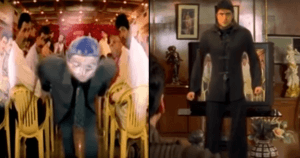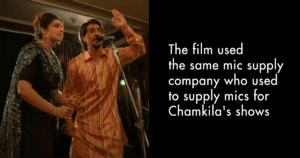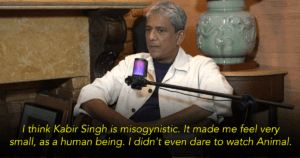Veteran star of the Indian film industry, Dilip Kumar passed away today at the age of 98, after a prolonged illness.
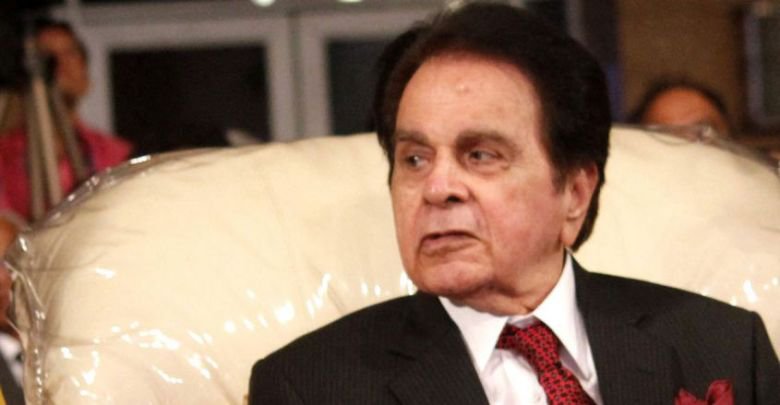
People from the industry took to social media to offer their condolences, while certain celebrities also attended his last rites and paid their respects. And that was exactly the moment when the paparazzi took photos of a grieving Dharmendra and shared them online.


Please delete this. This isn’t an appropriate image for social media. If you have knowledge of others similar to this please also request they are deleted. No-one should have images of Dilip Saab in death.
— Jaz_Pol (@Jaz_Pol) July 7, 2021
To invade people’s privacy simply because they are celebrities is reprehensible, especially during something as personal and emotional as a person’s funeral procession. And yet, it has become the norm.
Just a few days earlier, when actor Mandira Bedi’s husband, director Raj Kaushal passed away due to a heart attack, her grieving photos were instantly circulated online.
At a time when she should have been the right to grieve and lean on her friends and family for support, she was trolled for her clothes and actions by random strangers.
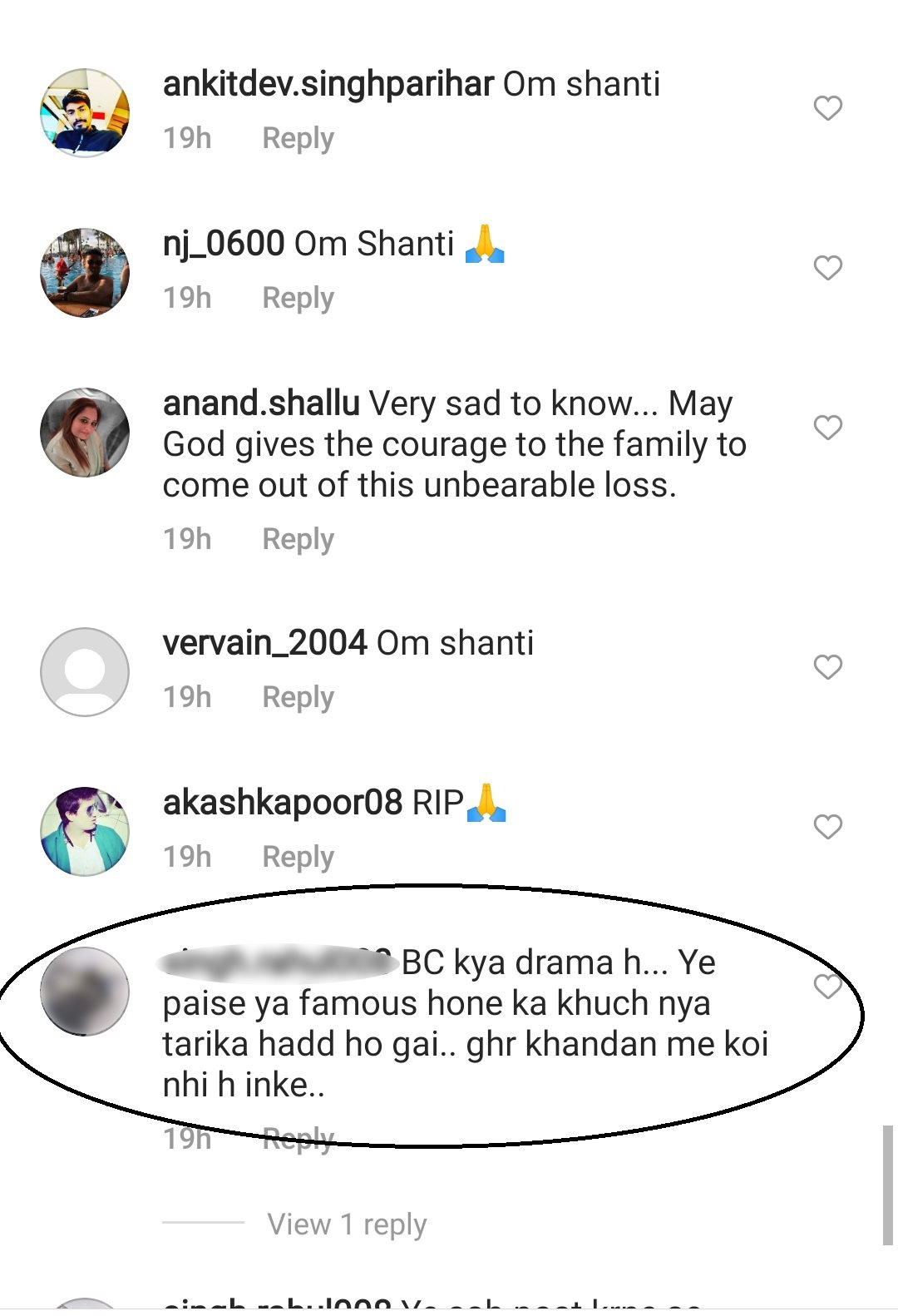
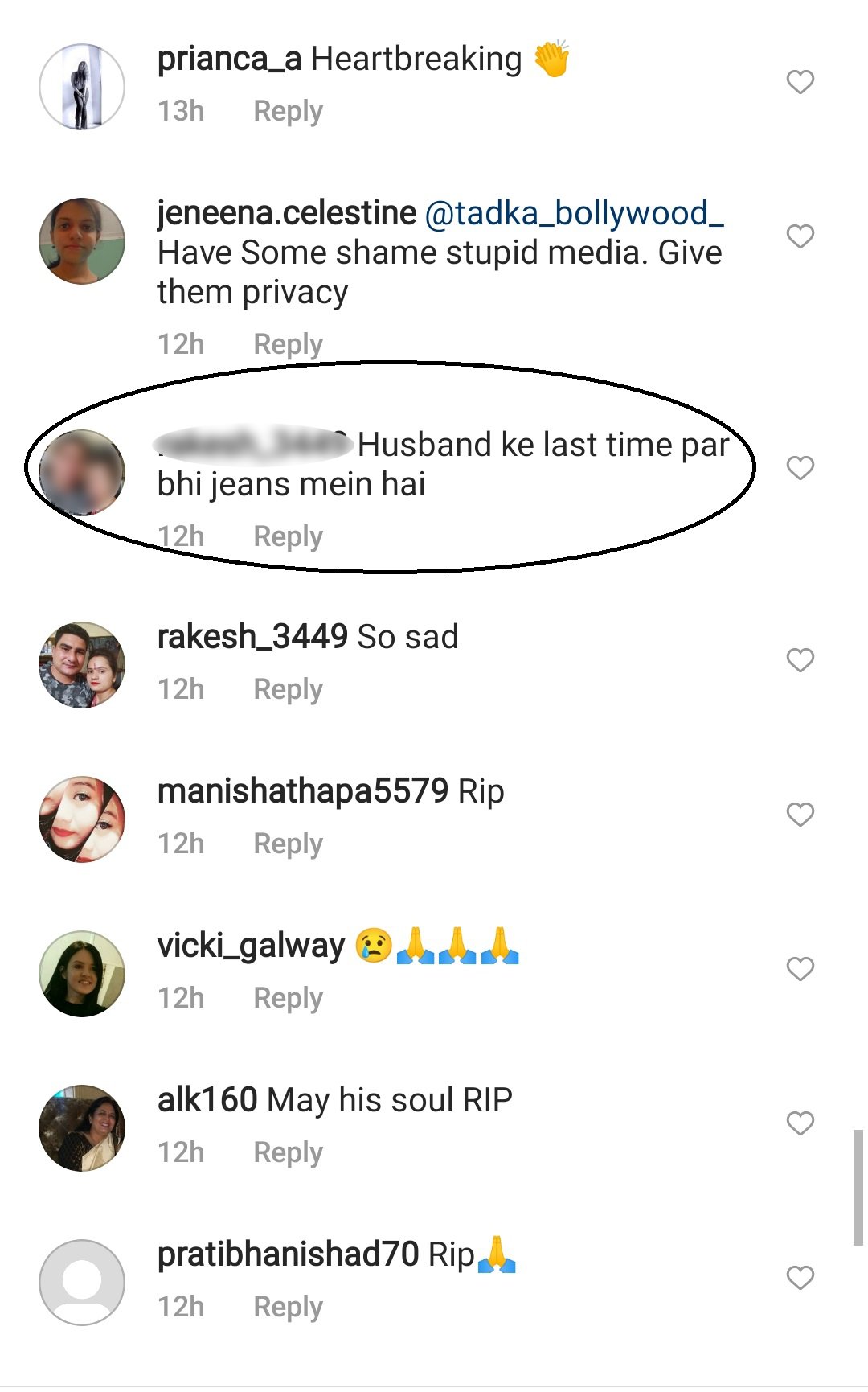
Is this truly the way to treat a person, simply because he, she or, they are a celebrity? Do they really deserve to have their loved ones’ last moments splashed on social media, to be devoured in the name of entertainment journalism?
Unfortunately, instead of being an erroneous rarity, these instances have become the norm. Like it happened in the case of Sushant Singh Rajput and Sridevi.
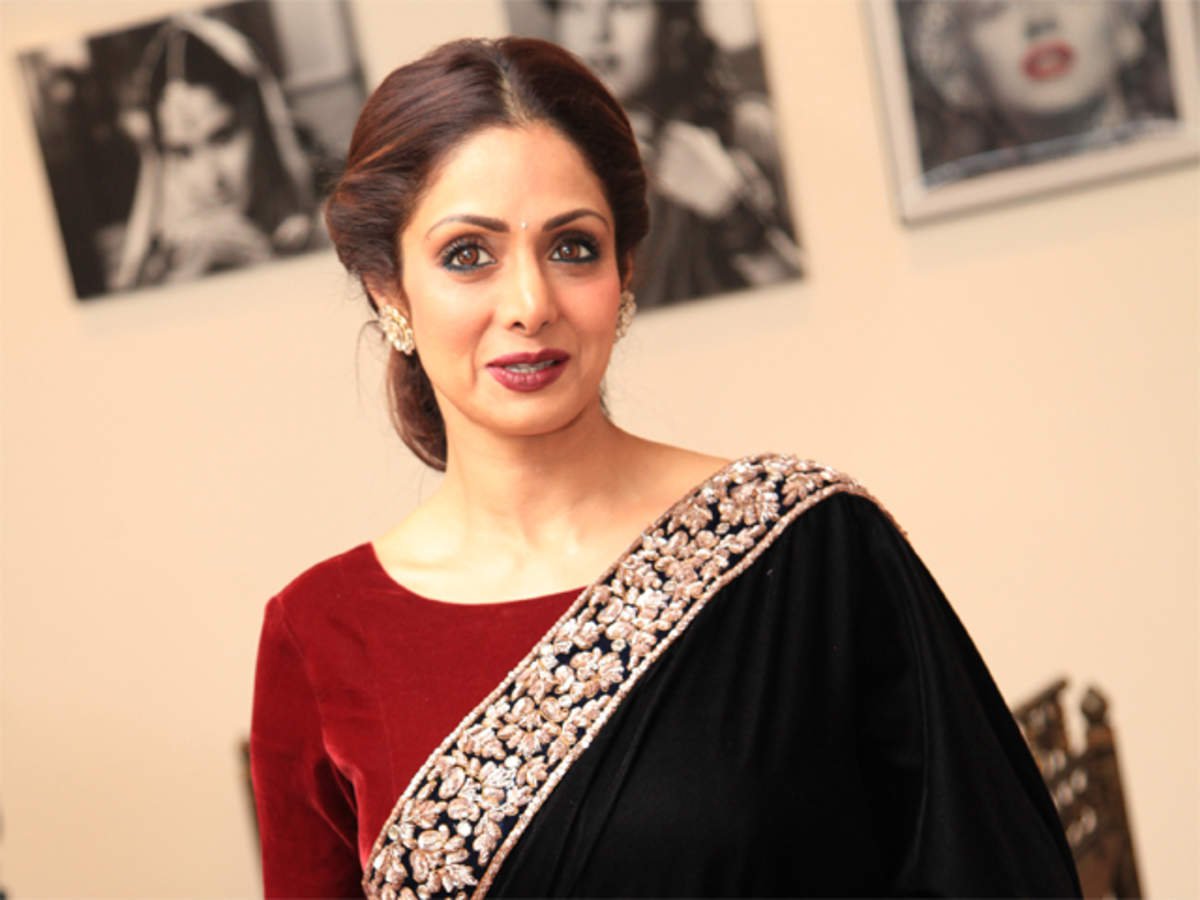
Sushant’s demise had left people shocked and hurt, prompted conversation on the way the film industry functions, and restarted the discussion on issues of mental health.
However, from using insensitive, thoughtless remarks to comment upon Sushant’s death, to forcefully and tactlessly interacting with his bereaved family, certain news channels stooped really low in the name of reporting, giving no thought to basic human courtesy.
So angry at news channels who have no shame, sense or even soul. Have you no humanity? What kind of bottom feeding parasites have you become?
— Gaurav Kapur (@gauravkapur) June 14, 2020
What a pathetic anchor to goad her reporter to speak to the sisters because the father isn’t in a state to speak. Despicable, disgraceful behaviour. https://t.co/eCHzF5h3qE
— Rohini Singh (@rohini_sgh) June 14, 2020
Similarly, two years ago, when actor Sridevi, unfortunately, passed away, her death was also sensationalized and speculated over by the media, to the point that it sparked comments on Twitter about the death of the media.
In an unprecedented turn of events – its an English news channel that’s taken the cake from their more brazen Hindi counterparts!
— Akash Banerjee (@TheDeshBhakt) February 26, 2018
While channels like @aajtak made anchors host a show from inside a bathroom – @CNNnews18 went ahead put #Sridevi inside a tub….#WellPlayedChaps pic.twitter.com/F8ConFTnUX
If you want to see how low Indian journalism can get, “reporting” on a celebrity’s death is a good place to begin.
— Sachin Kalbag (@SachinKalbag) February 26, 2018
And yet, once again, in the name of ‘on-ground reporting’ and ‘celebrity journalism’, certain channels felt no compunction in crossing the line of ethical, responsible journalism.
What this ‘reporting’ forgets is that ‘celebrity’ is a construct made by media and public. Underneath the tag of ‘celebrity’ is a human being with emotions, beliefs, failures, and successes that are far too real.
#rip my Raji 💔 pic.twitter.com/xL3sx0BONd
— mandira bedi (@mandybedi) July 5, 2021
And that is a reminder for the audience too. The audience is quick to idolize a star, but even quicker to debase them through vicious trolling, not cognizant of the impact that their comments can have on a person.
The same crowd did not spare a second before circulating photos of Sushant that should have never been made public in the first place.
Stop circulating photos of the deceased. You parastites.
— Vir Das (@thevirdas) June 14, 2020
My friend #SushantSinghRajput has died tragically at a very young age!! STOP Circulating pictures of his death! This is a tragedy NOT entertainment!! Is this the world we live in now??!
— Farah Khan (@TheFarahKhan) June 14, 2020
Or commenting on Mandira’s clothes and actions during her husband’s funeral procession.
That some people are still commenting on Mandira Bedi’s dress code or choice to carry out her husband Raj Kushal’s last rites shouldn’t surprise us. Stupidity is more abundant than any other element in our world after all ..
— Sona Mohapatra (@sonamohapatra) July 2, 2021
Makes me sick that people are having a field day trolling a grieving woman for performing last rites on her husband instead of asking a stranger or her tiny kid. Or for not having the time to dress the way THEY imagine grieving women should dress. Fools!! Applaud her strength!
— Mini Mathur (@minimathur) July 3, 2021
An actor’s death is NOT a photo opportunity. An actor’s last rites are not a moment to interview his family. An actor’s demise can not be a story we sensationalize.
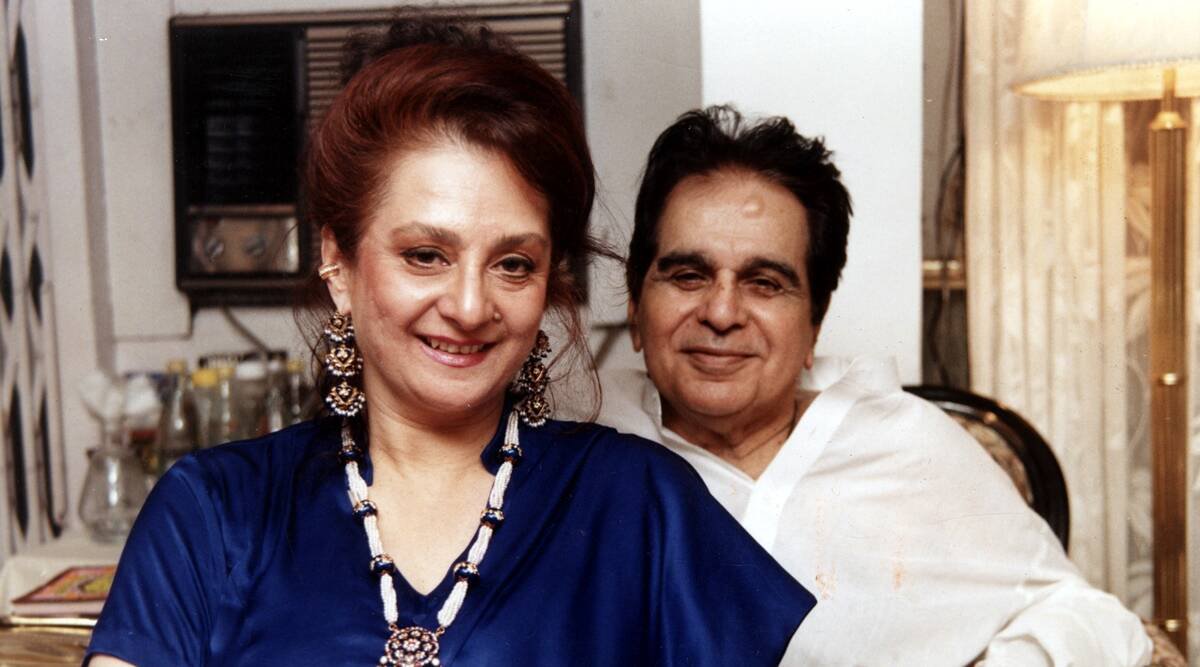
Is the fact that those photos were circulated by the public, the reason the media shared them, in the first place? This a question that should lead us to introspect over what our perverted voyeurism can lead to.
Yes, fans have a right to bid a farewell to their favourite star, but where do we draw the line? Haven’t we become part of the problem? In the name of reporting and consuming content, are we allowing humanity to die a painful death?





